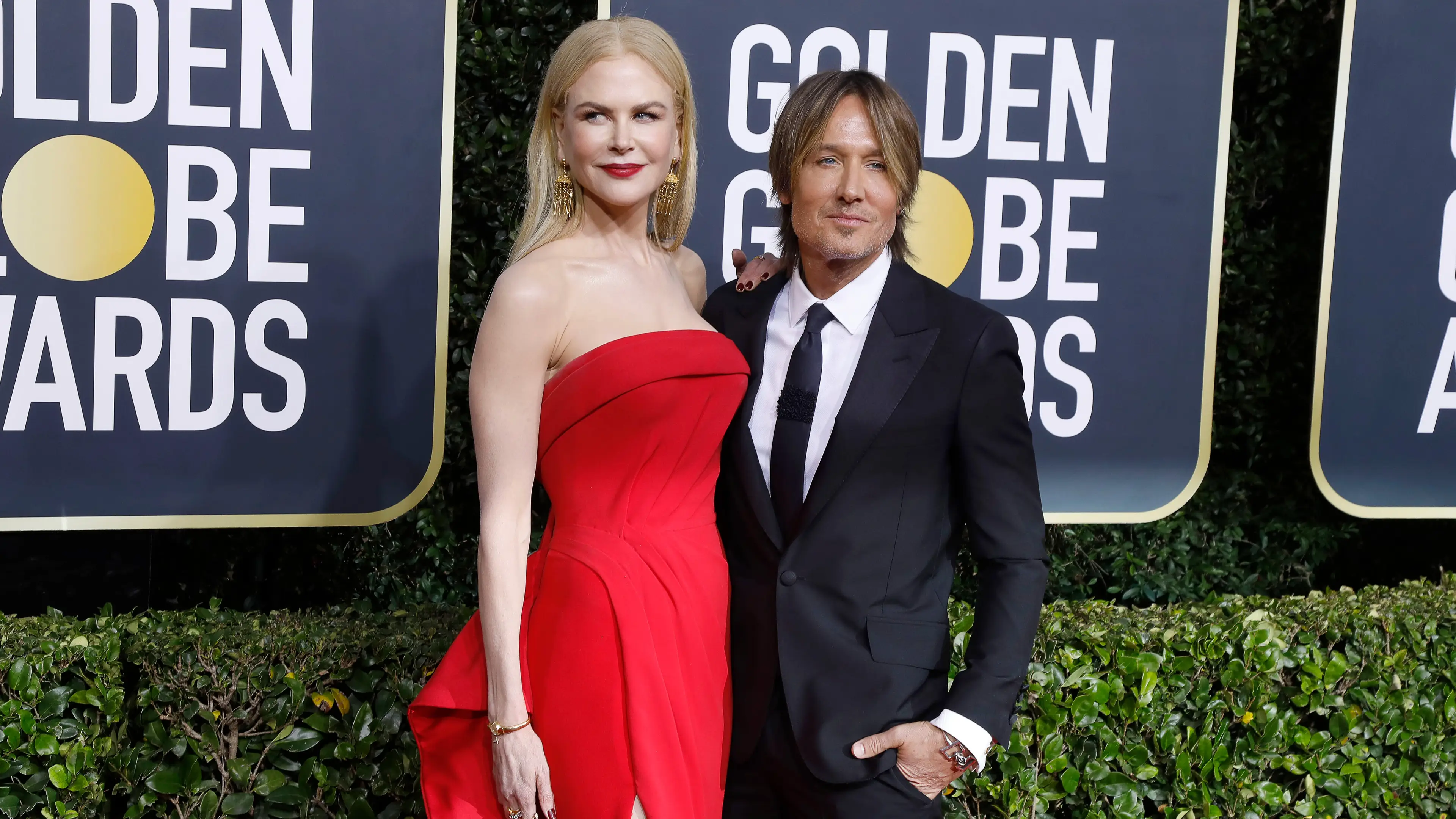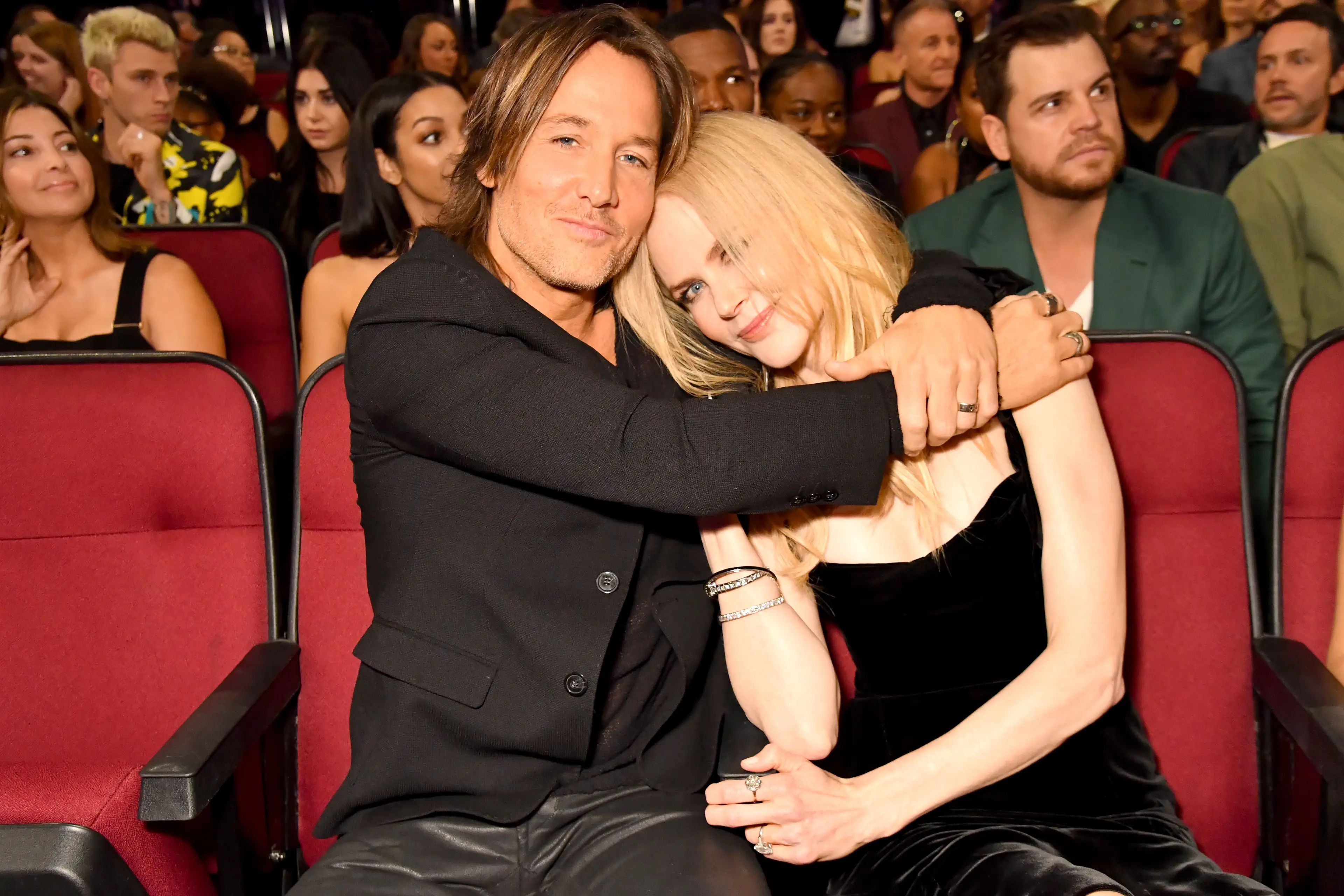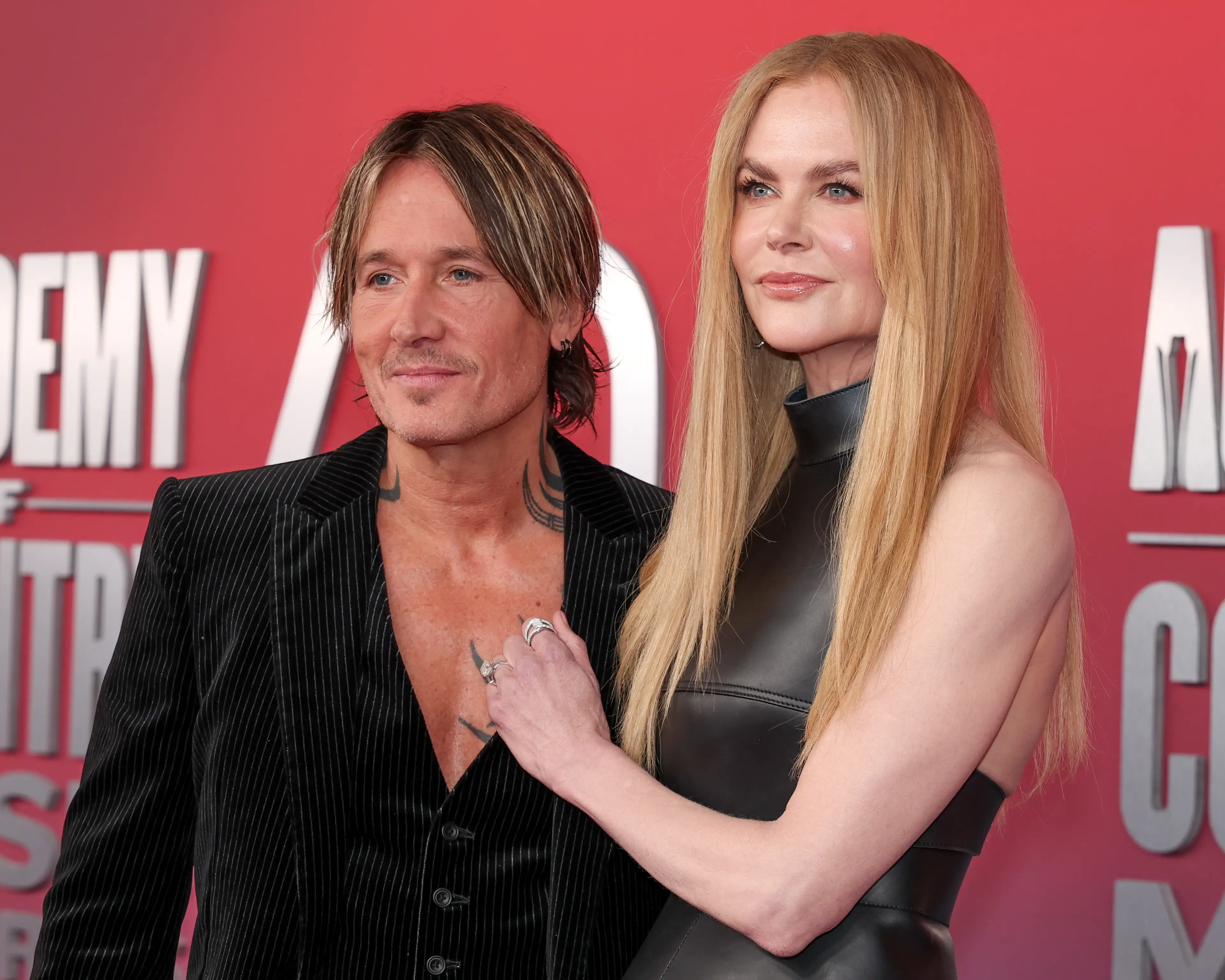
Warning: This article contains discussion of drug and alcohol addiction which some readers may find distressing.
A legal expert has given her insights into the ‘cocaine clause’ in Nicole Kidman and Keith Urban’s divorce.
Kidman and Urban announced either divorce after having been together for 19 years, and their filings included an alleged 'cocaine clause' which could provide Urban with a hefty payout.
The Big Little Lies actress and the Aussie country legend are now parting ways, after Kidman filed the signed documents in a Nashville court.
Advert
The pair share two teenage daughters, and the documents talked of their parenting plan, as well as whether they would pay one another child support payments.
Kidman petitioned on 30 September, where the public also learned of their supposed ‘cocaine clause’, which, understandably, left people wondering what it could mean.
Now, an expert has broken it down.

Urban and Kidman, who were both raised in Australia, met in 2005 at a Los Angeles event called G’Day USA for the Aussies in the city. After hitting it off, they tied the knot in Sydney a year later.
According to the filing, the marriage 'suffered irreconcilable differences' and includes a marriage dissolution and childcare plan agreed on by the couple.
The ‘cocaine clause’ was revealed as part of their prenup agreement, which was signed before their 2006 wedding.
According to Claire Filer, a family law partner at Irwin Mitchell Solicitors, a marriage clause isn’t something uncommon for couples to do once they earn a certain amount of money.
Considering both Kidman and Urban listed their monthly income at $100,000 each, it’s safe to say they meet that criteria.
She explained to Tyla: "It is common in High Net Worth cases to include clauses which provide for a set amount of money for each year of marriage – that is not inherently unfair!”
However, she did say that it’s less common for a behaviour to be listed in a clause which would see the person benefit from money if they adhere to it.
She said: “It is more unusual, but not entirely without precedent, to have clauses which are dependent on behaviour during a marriage – for example I have had cases where a party has sought a ‘sunset’ clause (a clause which would mean the agreement would effectively be ripped up and cease to have effect) if a party excessively gambled."
Filer went on to say that although it’d ‘not commonplace in English law’, and also ‘not something that would usually be agreed’, an English pre-nup ‘could contain a clause which provided for a financial disincentive to behaving in a certain way’.

For Urban, the 'cocaine clause' was included in the prenup agreement, stipulating that if Urban remains sober from drugs and alcohol throughout their marriage, he will receive a payment of $600,000 for every year that they were together once that relationship ends- per Radar Online.
But she warned that those clauses are problematic because, ‘in practice it would be difficult to produce evidence to enforce such a clause’, the effect of a clause like that ‘would still need to taken with the remainder of the agreement to ensure overall it was fair’, and there is also ‘a risk that judges may not enforce such clauses if the agreement is challenged (on public policy grounds)’.
She added that it is particularly true ‘since conduct is only very rarely considered relevant when a court is exercising its discretion – that could affect the enforceability of the whole agreement’.
But in the end, she said the real danger to the clause is that its existence ‘could indicate undue pressure being placed on the signing of the agreement’.
LADbible Group has previously contacted Kidman and Urban's representatives for comment.
If you want friendly, confidential advice about drugs, you can talk to FRANK. You can call 0300 123 6600, text 82111 or contact through their website 24/7, or livechat from 2pm-6pm any day of the week.
Please drink responsibly. If you want to discuss any issues relating to alcohol in confidence, contact Drinkline on 0300 123 1110, 9am–8pm weekdays and 11am–4pm weekends for advice and support.
Topics: Celebrity, Keith Urban, Nicole Kidman
